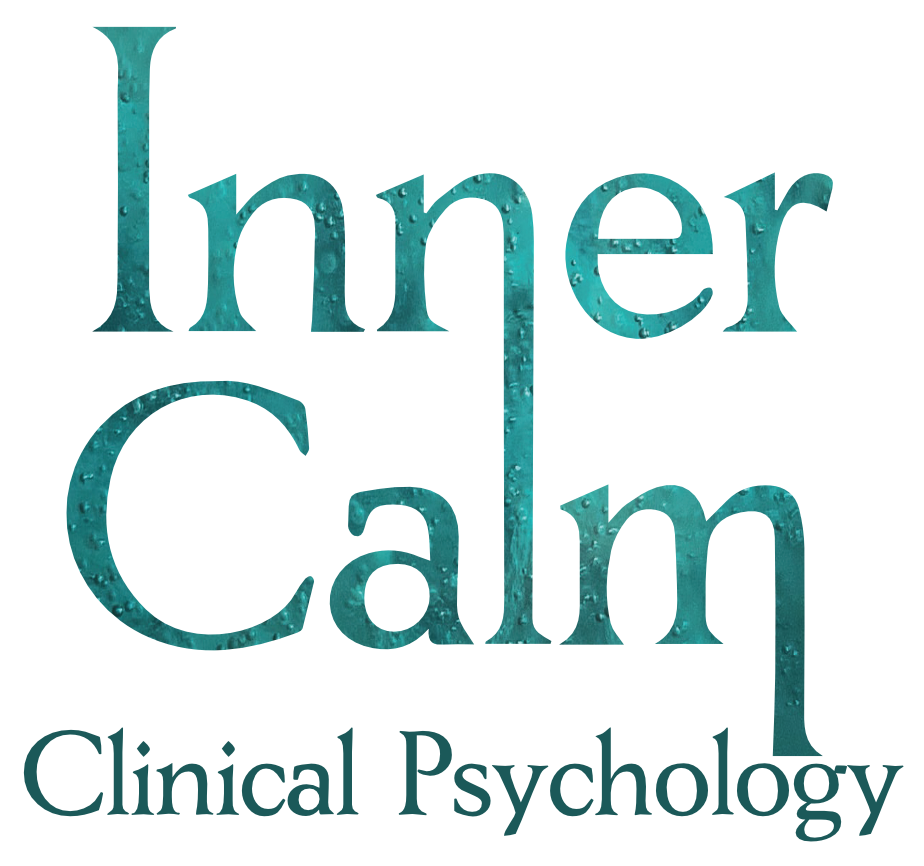by Sam Hillview-Close*
When people hear mental health, they often picture yoga mats, meditation apps, or someone journaling beside a soy candle and a cup of herbal tea. And while those things absolutely have their place (no judgment - I journal and am a big fan of peppermint tea), mental health is far more essential - and far less optional - than those images suggest.
Mental health is about how we think, feel, connect, and cope. It’s about how we handle stress, how we bounce back from setbacks, how we navigate relationships, and how we function on the tough, tired days - not just the shiny ones. It’s not about being happy all the time (unless you’re a golden retriever). It’s about self-awareness, resilience, and knowing when to reach for support instead of pretending you’re fine.
But here’s the catch: despite decades of public awareness and countless “It’s okay to not be okay” posters, mental health still carries weight - and not the helpful kind. For many people, the phrase still feels tied to weakness, crisis, or “something wrong with you.” It can make people hesitate to speak up, to check in, or even to admit they’re struggling.
So maybe it’s time for a shift in the way we talk about it.
Why “Brain Health” Changes the Conversation
When someone says they’re working on their heart health, we nod approvingly. Talk about gut health, and people will share kombucha tips. But say you’re taking care of your mental health, and the tone often changes. It gets a little quiet. The air thickens. Stigma shuffles in, uninvited.
That’s why more psychologists, health professionals, and advocates are calling for a simple but powerful shift in language: from mental health to brain health.
Because “brain health” sounds scientific. Physical. Normal. And crucially - real.
It puts our emotional and cognitive wellbeing in its proper context: as part of the biological systems we all have. It acknowledges that how we feel and function isn’t about character flaws or “thinking positive” - it’s about real things happening inside our brains.
Anxiety, depression, trauma, even burnout - these aren’t just moods. They’re tied to changes in brain chemistry, structure, and function. They are physical experiences that deserve the same attention, compassion, and care we give to our physical health conditions.
You wouldn’t tell someone with asthma to breathe deeper, or someone with diabetes to try harder. And yet, those struggling with depression still hear things like “cheer up” or “just be grateful.” Reframing it as brain health bridges that gap. It makes the invisible visible.
Brain Health Is for Everyone
Just like physical health, brain health isn’t something only certain people have. We all have it, every day - and it exists on a spectrum.
Some days, your brain health feels strong. You’re clear-headed, managing tasks, connecting with others, and handling stress. Other days, it’s more about hanging on - maybe with snacks, a nap, a few deep breaths, or a walk that ends at the bakery. And that’s okay. That’s human.
Good brain health doesn’t mean you never struggle. It means you have the tools, habits, and support to cope, recover, and keep going. It means you’re able to:
- Manage daily stress
- Regulate your emotions
- Reach out for help when needed
- Stay connected to others
- Function through life’s inevitable messiness
In that sense, brain health isn’t a luxury or a bonus. It’s a foundation.
It’s Not Just Semantics - It’s Strategy
Some people may think that changing the term is just sugar-coating. But this isn’t about avoiding difficult conversations. It’s about making them possible for more people.
“Mental health” can feel binary - something you either have or don’t. “Brain health” suggests something more universal and dynamic: something everyone has, and everyone can nurture.
It also opens up space for a wider range of experiences. From high stress and self-doubt to clinical diagnoses, all of it fits under the umbrella of brain health. Whether you’re managing anxiety, seeing a therapist, exercising regularly, taking medication, or learning to rest - these are all ways of supporting your brain.
Workplaces and schools are starting to catch on. Imagine if we had brain health days, just like sick days. Or if teams spoke openly about strategies for brain resilience, like they do about productivity hacks or team-building exercises. Framing it this way invites curiosity instead of fear - and promotes proactive care, not just damage control.
Where to From Here?
Changing our language won’t solve everything. But it’s a powerful start. It reduces shame, reflects the science, and encourages everyday people - who might never walk into a psychologist’s office otherwise - to see their mental wellbeing as something real and worth looking after.
So next time someone asks how you are, try this: “I’m working on my brain health.”
You might just start a better conversation - one that’s grounded in honesty, humanity, and hope.
Because your brain is part of your body. And taking care of it shouldn’t be radical. It should be normal. And necessary. And yours to protect.
* Sam Hillview-Close is a former business executive, public health administrator, Board member, writer and blogger. Sam is also a proud neurodivergent individual.
| If this blog resonates with you and you want to talk to someone, feel welcome to contact us at Inner Calm Clinical Psychology. Remember you don't have to face it alone. When you're ready, we're here to help. |

